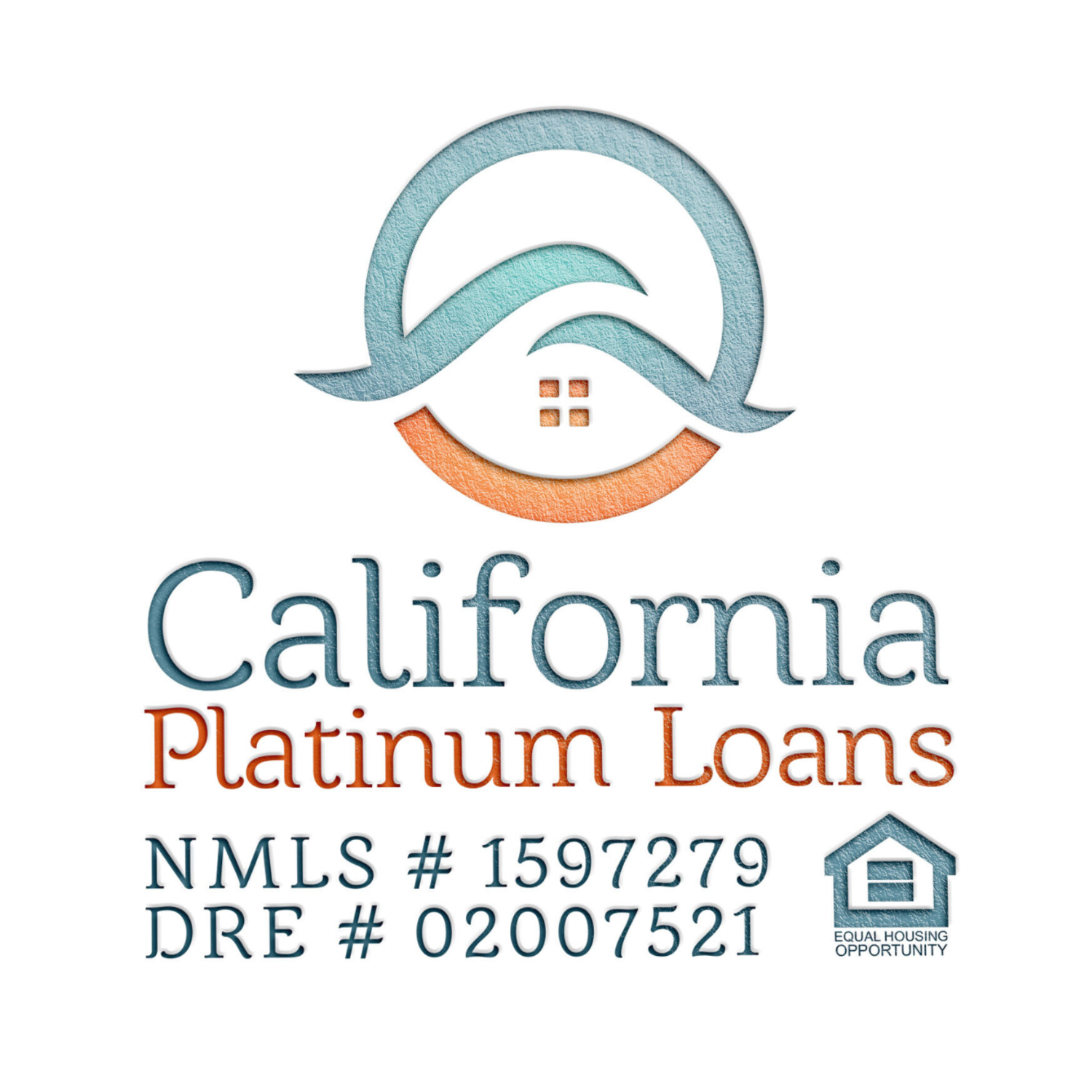Effectively managing your loan-to-value (LTV) ratio is crucial for homeowners who manage their mortgages successfully. A higher LTV ratio can increase interest rates and make qualifying for a mortgage difficult. Luckily, borrowers can use strategies to decrease their LTV ratio, such as making extra mortgage payments, increasing their down payment, or opting for a smaller mortgage loan. These strategies highlight the advantages of lowering your LTV ratio.
Strategies for Reducing Your LTV
Properly managing your loan-to-value (LTV) ratio is vital for your mortgage success. A lower LTV ratio reduces interest rates and monthly payments and decreases risk for the lender, making mortgage qualification easier.
Here are some approaches to decrease your LTV ratio:
Make Extra Mortgage Payments: By making additional mortgage payments towards the principal, you can reduce the outstanding loan balance and increase your property equity. This ultimately lowers your LTV ratio and may lead to reduced interest rates.
Increase Down Payment: Making a larger down payment when purchasing a property is another method for lowering your LTV ratio. A more substantial down payment boosts your property equity, decreasing the amount you need to borrow. This leads to a lower LTV ratio and potentially reduced interest rates.
Opt for a Smaller Mortgage Loan: If a larger down payment isn’t feasible, consider decreasing your LTV ratio by applying for a smaller mortgage loan. This may involve exploring less expensive properties or saving for a larger down payment before seeking a mortgage. By borrowing less, you can reduce your LTV ratio and qualify for better mortgage terms.
Benefits of Lowering Your LTV
Reducing your LTV ratio offers several benefits when managing your mortgage. For instance, a lower LTV ratio generally means decreased interest rates, which can help save on monthly payments and over the loan’s life.
A lower LTV ratio can also make mortgage acquisition easier, as it minimizes lender risk. This may result in improved loan terms, such as reduced fees and more favourable repayment schedules.
Lastly, lowering your LTV ratio can help you build equity in your property more rapidly. Decreasing the amount you need to borrow can increase your property equity and potentially accumulate wealth over time.
Your LTV ratio is a critical aspect of managing your mortgage. By employing strategies like making extra mortgage payments, increasing your down payment, or opting for a smaller mortgage loan, you can reduce your LTV ratio and enjoy the benefits of lower interest rates, better loan terms, and accelerated equity building.



